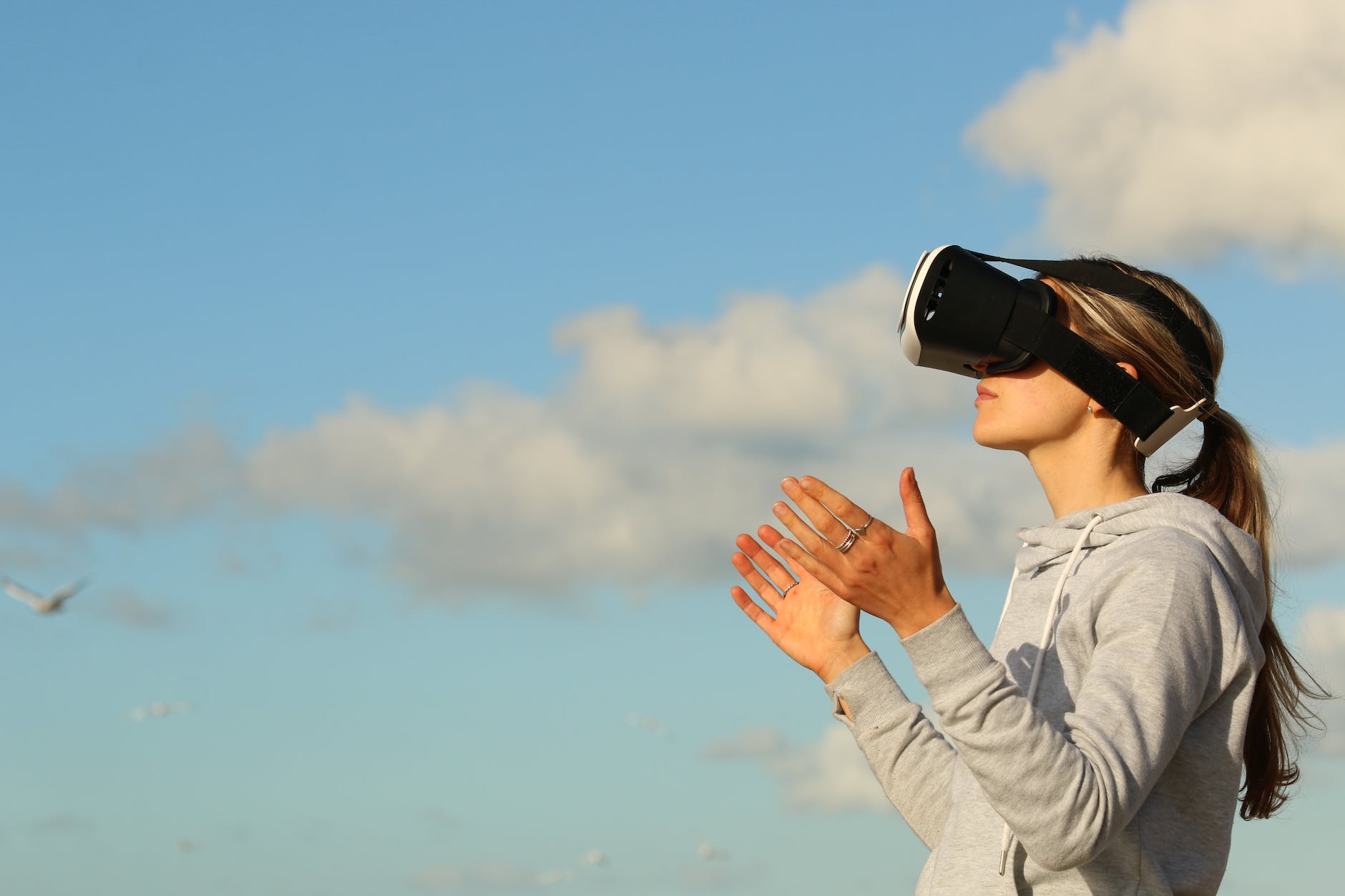Virtual Reality (VR) has cemented its place in the gaming world, revolutionizing how we play.
While its benefits on therapy and learning are slowly being discovered, so are the hidden dangers of VR.

From headaches to hallucinations, this article will cover the 5 main dangers of VR you’ve probably never heard about.
Let’s dive in…
What are the harmful effects of VR?
1. Head-splitting migraines
Are you really a hardcore gamer if you haven’t suffered a horrendous post-session migraine? Sometimes, these symptoms of a prolonged session can carry over to the next day.
Many gamers refer to this feeling as a “hangover” of sorts. You’ve pumped more blue-screen into your eye sockets than they can handle. Other than mood swings, splitting headaches is the prime symptom of these gaming hangovers.
Take regular water breaks, where you’re also able to rest your eyes. Often, if you take a break from your screen, you’ll notice just how tired you really are.
2. Eyesight problems
TV and PC games have been causing near-sightedness for decades, yet VR takes this danger to another level. By placing the screens so close to the eye, VR headsets can stunt the growth of the eye and induce myopia.
Adults should adopt healthy eye exercises, resting them often. However, danger comes with children, who often don’t know when to stop. Overuse at a young age when the eyes are still growing can affect proper growth.
3. Game Transfer Phenomenon (GTP)
Have you ever gamed for so long that you could still see your display when you tried to sleep? This isn’t uncommon, as a study from 2016 found that 97% of gamers had experienced symptoms of the Game Transfer Phenomenon (GTP).
The symptoms of GTP can include:
- Visual or auditory hallucinations;
- Altered body perception;
- Automated behaviors or mental processes.
As VR takes immersion to another level, researchers predict rising numbers of GTP in gamers. If you’re seeing Tetris blocks fall into place when you close your eyes at night, maybe it’s time to shorten your gaming sessions.
4. VR-induced nausea
Similar to the feeling of claustrophobia, some users experience helplessness and nausea after being isolated in an artificial environment. Without being able to see where they really are, these people find the VR experience too overwhelming.
Scientists are trying to progress VR headsets to be more familiar with normal eyesight. Some solutions have been as simple as adding a nose within the vision of the user. This effective addition is said to remove motion sickness for almost all users.
5. Videogaming addiction
Videogame addiction has been general knowledge for years now. However, the role that regular VR use will play in future addiction is worrying specialists. The added immersion of VR can cause some gamers to prefer virtual reality over their own.
Signs that you or a friend is going through a gaming addiction include:
- Increasing your gaming hours and being unable to reduce them;
- Becoming irritable or upset when gaming isn’t possible;
- Talking or thinking about gaming at all times;
- Choosing gaming over activities and social events you used to enjoy.
If you or someone you know might be suffering from gaming addiction, have a friendly talk and perhaps see a specialist for help.
What does VR do to the brain?
Now some of you might be asking: why can prolonged VR have such an effect on me? The answer to this question lies within your brain.
Why do I feel weird after using VR?
Mayank Mehta, a neuroscientist at UCLA, studied the effect VR has on the hippocampus (the area in the brain dedicated to learning and memory). He found that while in VR, 60% of hippocampal neurons are turned off.
Without smell, touch or taste, your reality is diminished to visual, and perhaps auditory sensations. Prolonged sessions in such a limited reality might effect your memory, learning or spatial reasoning. Only further research will tell.
How long should you use VR in a single sitting?
It’s generally recommended that your VR sessions last for around 45-60 minutes. However, if you’re too in the zone, break up the hours with long breaks.
Can VR get hacked?
To put it simply – 100% yes. Like any other software, hackers continue to find new ways to corrupt and infiltrate users’ systems. The trick to avoiding a VR hack is with cybersecurity tools like antivirus and a Virtual Private Network (VPN).
By masking your location and private data, hackers are unable to track you or your devices. Learn more about how to change VPN location and other features today.
Conclusion
Getting migraines days after a long VR session? Headaches aren’t the only little-known danger of VR gaming.
Yet, with a healthy gaming routine, you can easily mitigate most of the dangers listed in this article.


